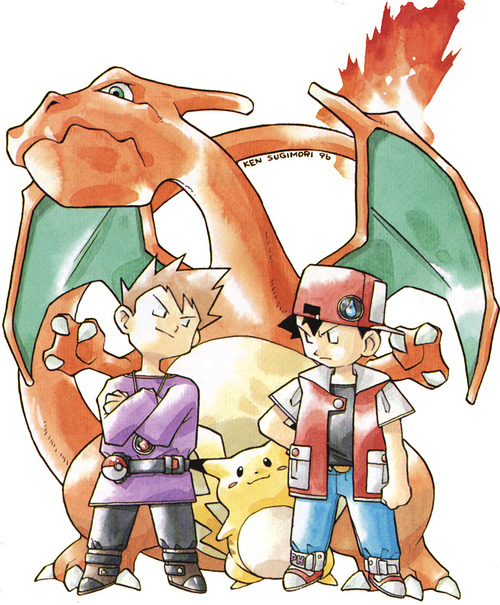Microtransactions: With a Vengence
April 18th, 2013
About 4 years ago, I started a semi-regular series of articles called Microtransactions. In these posts, I’d compile comments that were too long for Twitter, but not long enough to warrant their own article. Given that I’ve built up a few notes over the past 2 years of writing this Wario Land book, and not all of them can amount to their own post, I figure that it’s time for me to resurrect this long-forgotten series.
Cooperatives in the Business Side of the Trigon Theory
As a democratic socialist, I’m big on cooperative enterprises. When the people who make or use the services or products of a business own the business (ie. democratic ownership), instead of working to maximise profit for shareholders, like most current, privately-owned businesses, the company works for its members and the betterment of its services or products. Richard Terrell’s trigon theory of games, which you can read about here or listen about here, assumes that business’s only interest is to maximise profit for shareholders. I’m curious then, if video game companies were owned by their developers or fan base, how would that change the theory. I’d say that it’d significantly weaken the influence that business has over games (as for cooperatives, profit is necessary to survive, but it’s not the core part of their business) while strengthening the art side (as the workers would be freed from the tyranny of concentrated power at the top).
Information as Cultural Capital
About a month ago, my partner asked me to watch an episode of Miranda with her. Miranda is a UK comedy show about a middle-aged lady, Miranda, and her friends running into all sorts of self-deprecating scenarios. I didn’t think much of the show, I don’t care much for TV, but the comedy reminded me of a growing trend that I’ve noticed.
Many of the jokes in Miranda are based on the clique language Miranda and her friends use within their tight-knit circle. In many instances, it’s as though they try to make a “thing” or a “scene” out of nothing, with pop culture associations as their tool of choice. This form of comedy, I feel, is indicative of the nature of information in this current age. Information is no longer something that you know and can learn from, it’s now a fashion, a form of cultural capital. If you know something about something then you have enough capital to pretend to others that you belong to a particular membership group, which can make one appear cultured or sophisticated. It’s kind of like hipster culture, but with words replacing dress.
Social media has certainly made this way of thinking increasingly more prevalent. These networks operate on two foundations: following others (cultural membership/tribalism) and knowledge as capital (short bursts of text being the primary unit of exchange). A lot of what goes on in social media, whether people like it or not, is the use of information to define one’s brand/place their brand amongst brands which are advantageous to them. Knowledge is often used as a commodity. The contents aren’t important. What’s important is what underlying assumptions come from the information. This is exactly what Miranda and friends do when they make up silly catch phrases and nonsense words. What they say isn’t important. What’s important is that what’s said has a certain fashion which creates comical associations.




 Game Design Companion: A Critical Analysis of Wario Land 4 - $7.99
Game Design Companion: A Critical Analysis of Wario Land 4 - $7.99 Level Design: Processes and Experiences
Level Design: Processes and Experiences Speed Boost: The Hidden Secrets Behind Arcade Racing Design - $5.99
Speed Boost: The Hidden Secrets Behind Arcade Racing Design - $5.99 Adventures in Games Analysis: Volume I - $5.99
Adventures in Games Analysis: Volume I - $5.99







